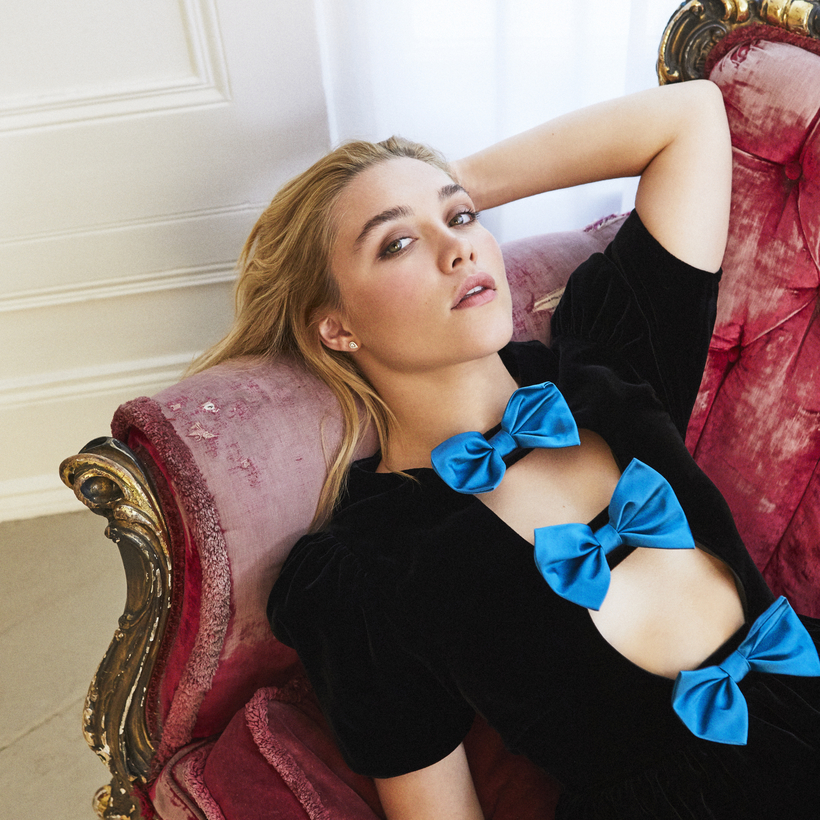There are many reasons to see Greta Gerwig’s vibrant film of Louisa May Alcott’s Little Women: Saoirse Ronan’s plucky, proto-feminist Jo; Emma Watson and Eliza Scanlen as the more easily contented March sisters Meg and Beth; Laura Dern as the compassionate Marmee and Meryl Streep as the spiky Aunt March; and Gerwig’s note-perfect evocation of the Civil War era in New England.
Forgive yourself, though, if you can’t take your eyes off Amy, the March sister we traditionally love to hate. The English actress Florence Pugh makes the unruly adolescent a self-obsessed vortex of melodrama. (Her modern equivalent would have three Instagram accounts.) Unlike Joan Bennett’s sly, kittenish 1933 Amy (cast by George Cukor after he saw how amusing she was when tipsy), Elizabeth Taylor’s “affected, niminy-piminy” Amy of 1949, or 1994’s bratty moppet turned ice queen (Kirsten Dunst and Samantha Mathis, respectively), Pugh’s Amy is a royal pain in the bustle—and a joy to behold. Gerwig knew she had an emergent star on her hands in Pugh, and cinematographer Yorick Le Saux lavishes golden light on the actress’s retroussé nose (no need for the clothespins Amy traditionally fastens to her nose) and glories in her smile.


